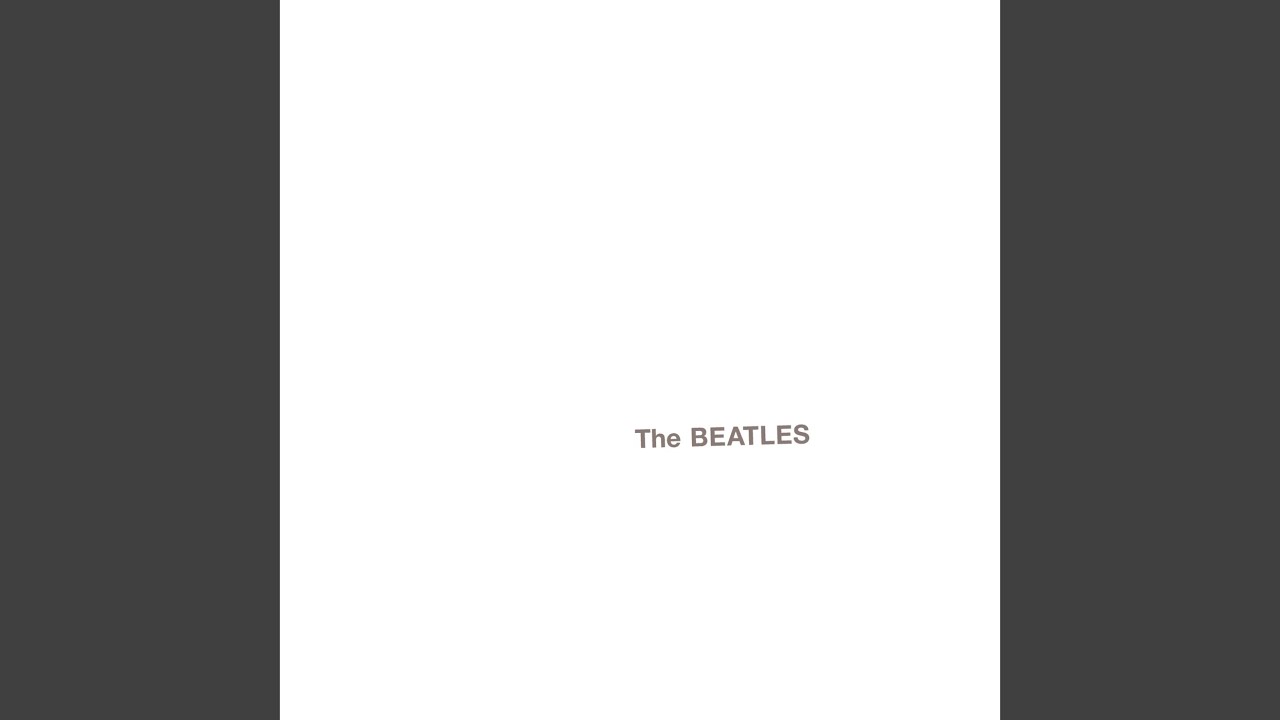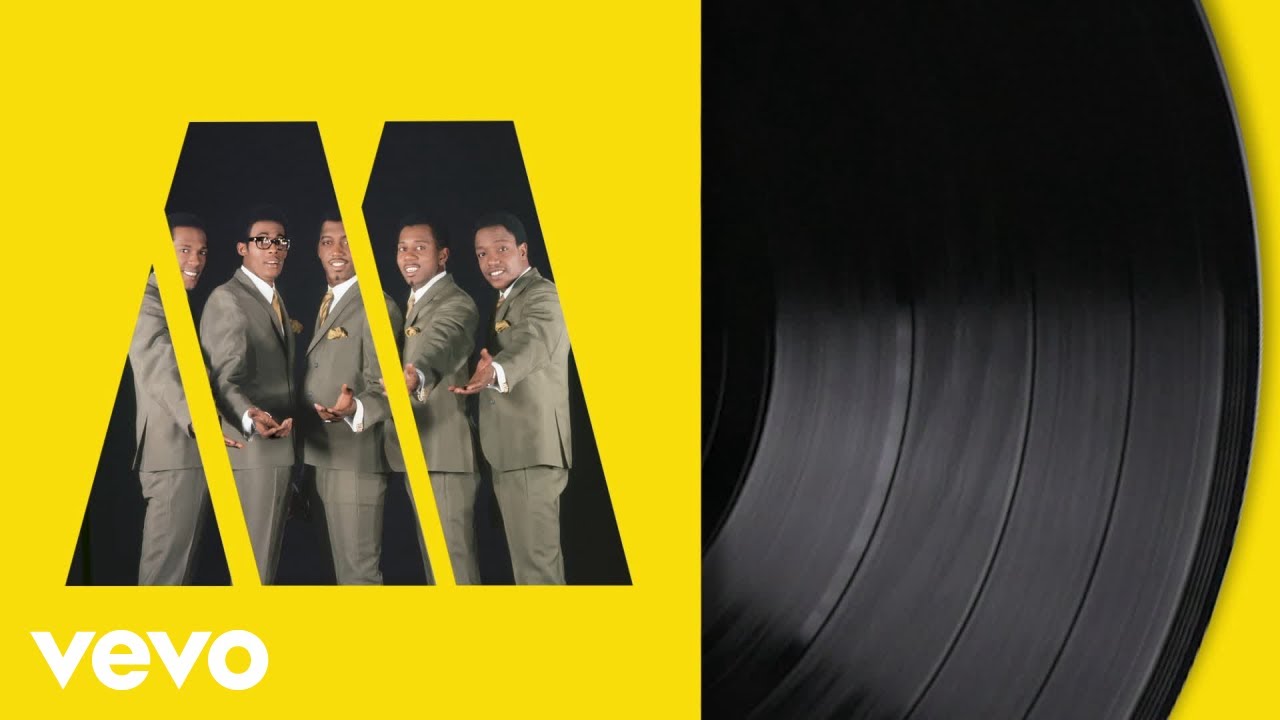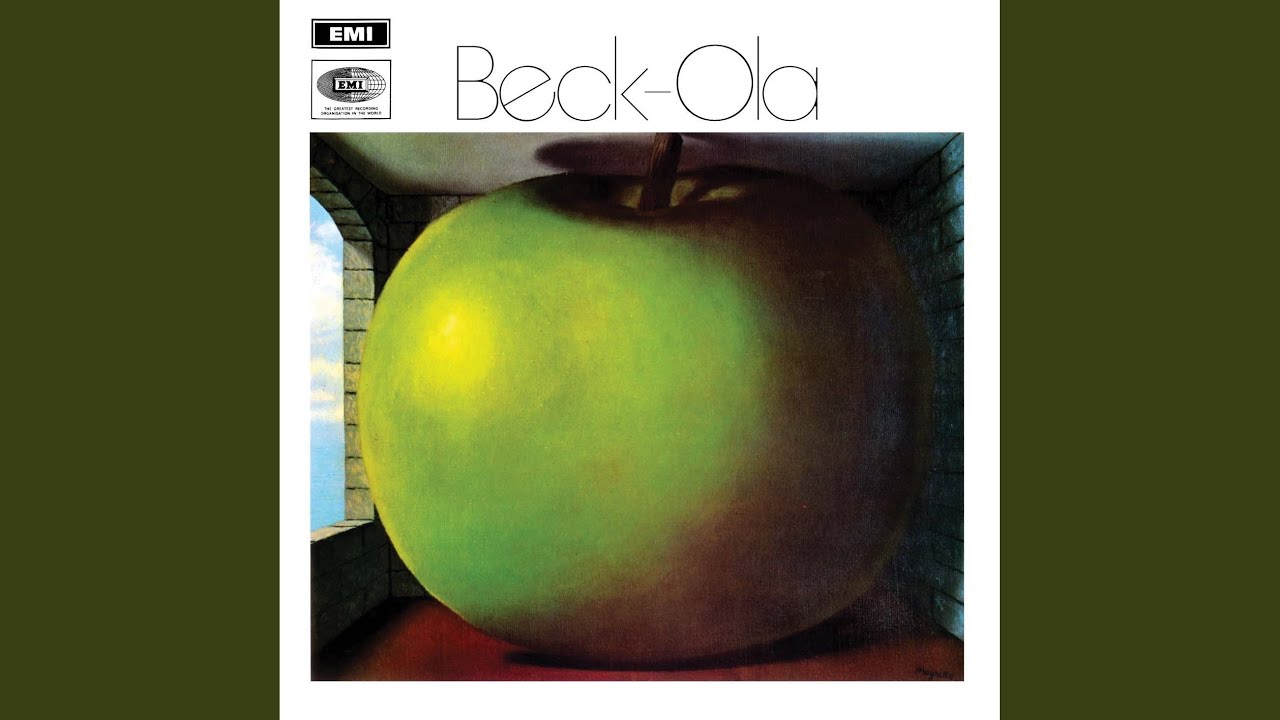Kiss star Gene Simmons is one of the most famous musicians in the world — but when he names his favourite bass player of all time, he admits: “I couldn’t shine his shoes.”
Speaking to MusicRadar about his own approach to bass and his key influences, Simmons hails Paul McCartney as the GOAT.
“I started off like McCartney started off,” he says. “I started by learning to play chords on guitar.
“As a 14 or 15 year-old kid, I just taught myself, looked at people’s fingers and eventually started to write those early, stupid songs, some of which developed into tunes that were recorded (on Kiss albums).
“And then it occurred to me, much later — late teens or so — that maybe I should play bass, because I wanted to be in a band, and I’d have a better chance of being in a band by being a bass player, because everybody wanted to play guitar or drums.
“So I switched to bass, and I could write a few tunes and sing okay.
“And with bass, the very first guy that just blew me out of the water was McCartney. To this day when I’m listening to Dear Prudence or some of those other great Beatles songs, you remember the bass part. You’re aware of what the bass is doing.

“That doesn’t happen with The Rolling Stones,” Simmons says. “And I love the Stones! But name me a bass part (in a Stones song) that you remember. You might go, ‘Oh yeah, during that song here’s what the bass was doing.’ But you’re unaware of it.
“Even in Led Zeppelin, John Paul Jones was so great, but your ear doesn’t go to what the bass is playing in those songs.
“With McCartney, it’s like a string quartet. You have the high notes over there playing, but you can hear what the cello is doing.
“And maybe his approach to bass playing has to do with the fact that he was a guitar player first and foremost.”
Another bassist Simmons admires is the late James Jamerson, who performed uncredited on many of the greatest Motown hits including You Can’t Hurry love by The Supremes, Reach Out I’ll The There by the Four Tops, Dancing In The Street by Martha And The Vandellas, My Girl by The Temptations — and much of Marvin Gaye’s classic 1971 album What’s Going On.
Simmons says of Jamerson’s style: “Just the feel of it is incredible. It’s a rumble and a feel.”

It was this kind of feel that Simmons attempted to recreate on Kiss tracks such as Cold Gin, from the band’s self-titled debut album.
“That’s exactly right,” he says, “because I had listened to a lot of Motown.
“The first music I ever heard in America was black music, and if you ever hear a James Brown record you’re aware that drums and bass are playing completely differently.”
Simmons also loved the way Ronnie Wood played bass for The Jeff Beck Group before making his name as a guitar player with the Faces and The Rolling Stones.
“Ron Wood is a decent guitar player,” Simmons says, “but what he did on bass in the Jeff Beck Group is one of the pivotal moments where I started going, ‘Wait a minute — what’s going on here?’
“Those first two Beck records (Truth and Beck-Ola) I still play today, and what Ron Wood did on bass is phenomenal.”

He continues: “There’s another guy named Felix Pappalardi who was a producer — he produced Cream and the Youngbloods and stuff like that — and he also got together with (guitarist) Leslie West and formed Mountain. His bass playing in that band, you take note of it.”
Simmons acknowledges The Beatles’ influence in his own band’s early music.
“Kiss was a strange band,” he says, “in the sense that we had three part harmonies, classic song structure — ABA, like Beatles kind of stuff — but there were some heavy riffs in there.”
He cites the song Black Diamond — another, like Cold Gin, from the band’s debut album — as a perfect example of the creative process between himself, guitarist/vocalist Paul Stanley and lead guitarist Ace Frehley.
He recalls: “Paul would be writing songs and I’d be writing songs and sometimes we’d write together.
“Paul played me the song Black Diamond. I’m going, ‘Okay, let me just try playing it with you, let me do the root. And I started playing along, which is not blues, it’s more classical, but it’s just what I heard here.
“We said to Ace, ‘Hey, double up on my bass part, and Paul can just strum the chord.’ And all of a sudden we said, ‘Wait a minute, that’s kind of hooky. Let’s all play that bass part, which sounds like a horn part or something.’”
Simmons concludes: “There are no rules in any kind of music. You can pick and choose your influences and try to apply it to your thing.
“It’s like food. You know, Indian food and English food use the same things — meat and potatoes and salt and pepper — but Indian food tastes different to English food. It’s how you put it together that gives it the unique flavour.”
GIPHY App Key not set. Please check settings